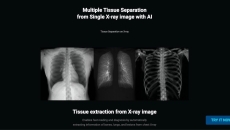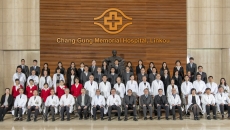Decision Support
The new Quantum System One platform, part of a 10 year advanced computing collaboration first announced in 2021, will help accelerate precision medicine research and drug development for an array of medical conditions.
Also: FDA approves TytoCare's wheeze detection device, Gates Foundation funds breathalyzer that can detect infectious disease, and Google announces radiotherapy AI plan with Mayo Clinic.
It will collaborate with Medtronic to become a centre of excellence in this AI-powered procedure.
Its migration to AWS raises its competitive edge in the global market.
The author of a study on clinical federated learning walks readers through various forms of artificial intelligence and shows how provider organizations can use each.
What does 2023 hold in store for managing and improving electronic health records – and what's next for what appears to be a market landscape that's quickly consolidating?
The partnership grants AMWA members access to dermatologic resources and other CDS tools for diagnostic and treatment decisions.
Diathrive Health users will have access to Mark Cuban Cost Plus Drug Company's low-cost diabetes medication and testing supplies.
It follows behind Samsung Medical Center with a score of 349/400.
An expert offers an overview of AR and VR for provider organizations, and discusses what these leading-edge technologies might help hospitals health systems accomplish.








